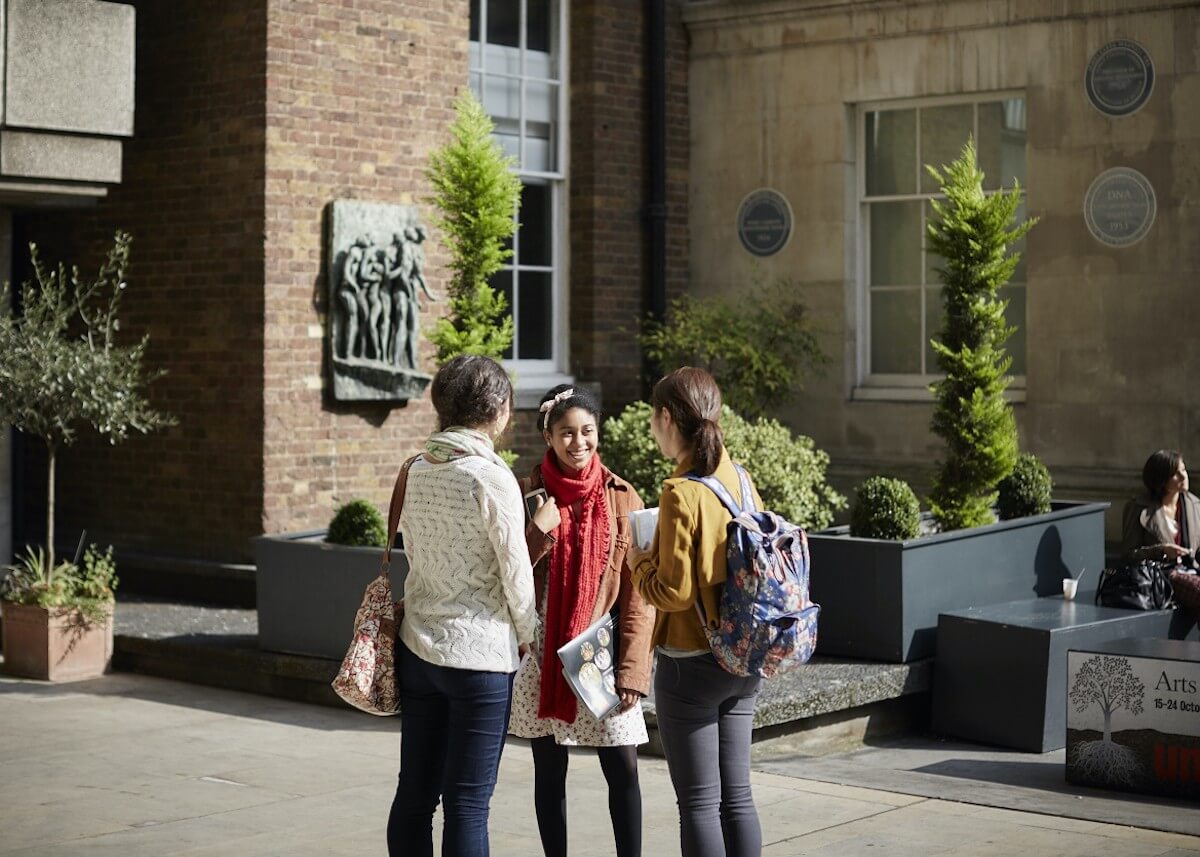In the face of a pandemic, it becomes clear that health is more than just a medical matter — especially to health professionals.
Just ask Dr Ann Kelly, Reader (Associate Professor) in Global Health at King’s College London.
Comparing the ongoing response to COVID-19 against her experience with the Ebola crisis, Dr Kelly explains that the fast-moving, contagious nature of this Coronavirus sets a tone of global emergency.
That’s why it’s important for health organisations and governments to do more than just treat and cure the infected. They need to gain public support through strong messaging too.
“Once people feel they are engaged and respected, they became part of that response. This is crucial to any outbreak response,” she said.
As Director of the MSc in Global Health & Social Justice programme at King’s College London, Dr Kelly brings the social sciences to bear on public health emergencies such as COVID-19.
Combining a broad range of social scientific expertise with bioethics and philosophy, this is the course that paves the way for King’s graduates to go on to become key health professionals and advisors in governments, NGOs, and academia.
Understanding the forces behind testing
Multiple factors shape the impact of disease outbreaks, including geography and politics. As the COVID-19 crisis is teaching us in real-time at the moment, seemingly ‘technical questions’ such as testing can quickly become matters of huge public and political significance.
“In a clinic, diagnosis allows you to treat, but on a public health scale, it provides crucial epidemiological insights, such as seeing how fast transmission is spreading,” Dr Kelly explained.
“On a global health scale, [diagnostics] form the basis of biosecurity responses and can assist in the accelerated development of novel therapeutics and vaccines.”
The antigen RNA test used today to detect SARS-CoV-2 was developed early in the outbreak, thanks to the rapid sequencing of the virus genome and the decision by Chinese scientists to post the information on an open-access website.
Now, health professionals are also developing blood tests to check for antibodies instead of the virus.
Testing plays a crucial role in early-stage contact tracing, identifying outbreak hotspots, and preventing spread to at-risk parties. It has been successfully deployed to control the outbreak in countries like South Korea – which was not only prepared with materials for testing kits, but also fast-tracked diagnostics on a regulatory level.
“When you know more about the disease, you can make better epidemiological models, which can then help develop truly-informed policy,” Dr Kelly said. “However, it is critical to understand that diagnostics do not operate in a vacuum. Their rapid development and effective use hinges upon a robust supply chain, regulatory standards, and clinical expertise.”
Why global health professionals need social science
No disease can be effectively controlled, let alone eliminated, without the active participation of affected populations. This is nowhere truer than in the case of new, highly contagious pathogen like SARS-CoV-2. The need for public support starts at the very point of doing research on a new threat.

Source: Shutterstock
“To do research in challenging outbreak settings, you need incredible collaboration between governments, risk-taking companies, and a real flow of data,” Dr Kelly explains.
“The need for open data might be obvious, but collaborations never occur across an even playing field. To ensure the pace, quality and relevance of medical innovation we need to understand the inequities that underpin research, how these become amplified in a crises and what can be done to develop genuine partnerships across great differences in resources and infrastructural capacity.”
That’s where social science comes in. To inform the best response plans that uphold public safety, health professionals must apply critical analysis to make sense of the metrics that drive and inform political action, and guide the ethics of life-or-death situations.
By applying social sciences, health professionals can develop context-specific social interventions, assess the implications of testing for different people, and explore thoughts surrounding public confidence. These nuanced aspects directly influence the implementation and efficacy of global health policy.
“What are the moral values that drive our debate about the economy versus public health? How do we calculate the quality and statistical value of a life? What are the norms that underpin these calculations? In the coming months, those debates are only going to intensify,” Dr Kelly posited.
The MSc in Global Health & Social Justice equips future global health professionals to reason through the tough questions, which can make or break pandemic responses.
Equip yourself for an impactful career at King’s College London
Students of this programme are exposed to research, internship and networking opportunities within King’s and its various partners in London.
“We take a broad approach to global health and social science,” Dr Kelly expressed.
“Our faculty includes experts in epidemiology, demography, anthropology, and psychology, and we are located in a very research-intensive environment. Because they come from diverse circumstances, students are given a range of ways that they can complement the skills they already have or develop new areas of specialisation.”
Applying this broad interdisciplinary approach is more crucial than ever in the 21st century, when global health professionals will face novel challenges with potentially grave, wide-scale impact.

Source: King’s College London
Graduates learn to consider the power of numbers, policy, and ethics in a reflective, action-oriented way. “Let’s reflect on what we’re talking about.” Then, they can use this evidence to drive public-private partnerships and clear communication campaigns.
In the words of Dr Kelly, “Through the programme, graduates acquire tools that allow them to contribute to not only to individual public health problems, but also to effect the kind of social change that can be truly transformational to wellbeing across the globe.”
Follow King’s College London on Facebook, Twitter, Instagram, and YouTube
Liked this? Then you’ll love…
UC Berkeley: An online Master’s in Public Health built for global change
Why South Korea should now be on every public policy & public health student’s radar










